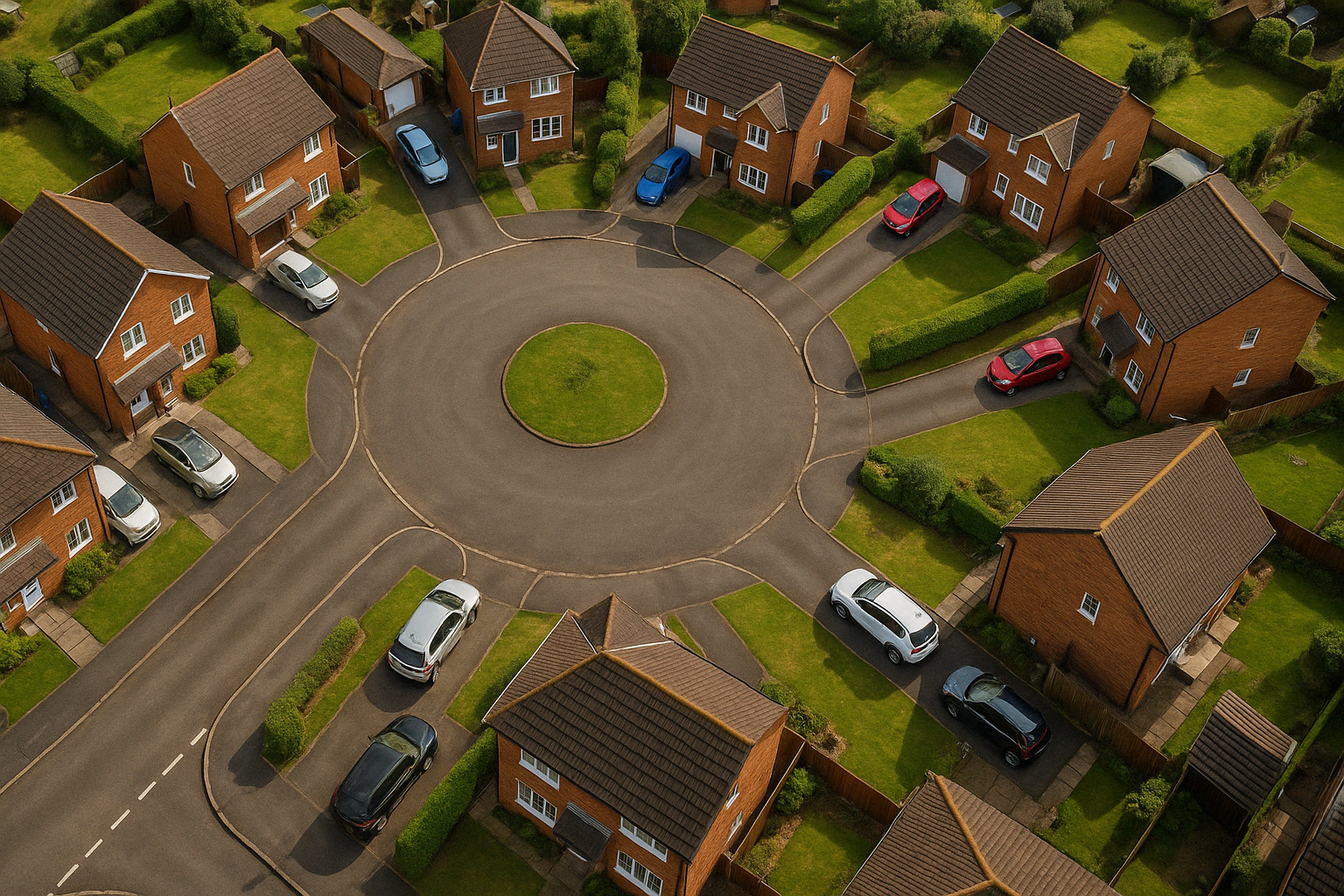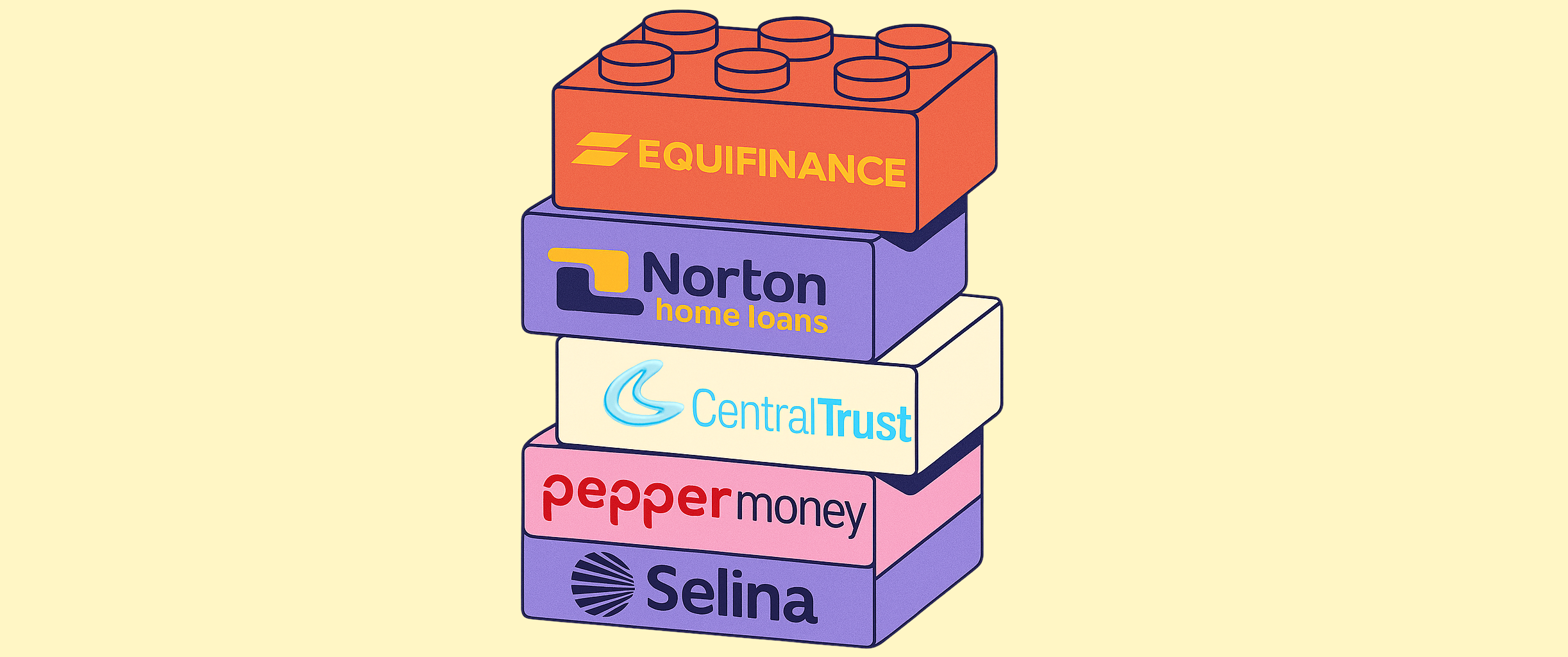Secured Personal Loans | A Guide to Low-Rate Personal Borrowing in 2025
Borrow £10k–£500k secured against your home. Rates from 6.3% APR*. Fast decisions, no upfront fees—get your quote today.

Related articles
What is a secured personal loan?
A secured personal loan is where you borrow money from a lender, and you offer an asset as collateral. This gives the lender a safety net in case you're unable to repay. If you don't keep up with your payments, the lender has the right to take the asset to cover the debt.
But how does a secured personal loan differ from other types of secured loan? The key difference lies in the purpose of the loan and the type of collateral involved.
With a secured personal loan, you can use the money for almost anything - whether it's to cover unexpected expenses, consolidate debt, or pay for a holiday. It's flexible, and the lender doesn't restrict how you spend the money.
With other types of secured loan, like a mortgage or car loan, the collateral is directly tied to the item you're buying, and with business loans, the money and collateral are linked to your company.
Why would you choose a secured personal loan?
There are several reasons why you might choose a secured personal loan over other types - it often comes down to finding a better deal.
Lower interest rates
Since secured loans are less risky for lenders, the interest rates tend to be lower than with unsecured loans. This means you can save money in the long run, especially if you're borrowing a large sum.
For example, you might be offered a 6% interest rate on a secured loan, compared to 15% or higher for an unsecured loan, depending on your credit score and personal circumstances.
Larger loan amounts
Secured loans also tend to offer more money. Let's say you need a larger loan to consolidate existing loans, pay for a big purchase, or make home improvements - offering an asset as collateral might make it easier to get approval.
If you want to borrow £10,000 to renovate your house, and your home is worth more than that, offering your home as collateral makes the lender more likely to approve the loan.
Longer repayment terms
Many secured personal loans come with longer repayment terms, meaning you can spread out the cost over a longer period and reduce the monthly payments. This can make the loan more affordable. A loan for £5,000 could be paid back over 5 years, for instance, giving you lower monthly payments than if you tried to pay it off over 1 or 2 years.
Factors to consider before applying
While secured loans come with many benefits, there are risks to be aware of before you commit.
Losing your collateral
The biggest risk of a secured personal loan is that if you fail to make the monthly repayments, the lender can take the asset you've used as collateral. If you've used your car, home, or another valuable, this could mean losing something important. That's why it's crucial only to borrow what you can afford to repay, and to keep up with your fixed monthly payments.
Your credit score matters
Although secured loans are easier to get than unsecured loans for people with a poor credit score, your rating still plays a role in the approval process and the interest rate you're offered. Lenders may offer a better deal to those with higher credit scores, even for secured loans.
If you're uncertain about your credit history, it's worth checking it before you apply to see what kind of loan offers you may be eligible for.
Fees and charges
Just like any other loan, secured personal loans can come with extra costs, such as arrangement fees, late payment charges, or early repayment fees. It's essential to read the small print, keep ahead of the payments dates, and understand the total cost of the loan before committing to anything.
Summing up
Secured personal loans are a useful option for many people looking for a larger loan amount, a lower interest rate, or more flexible terms. By offering an asset as collateral, you reduce the lender's risk, which can work in your favour.
But it's important to keep your own risks in mind - especially the fact you could lose your asset if you don't make the repayments. Before applying, make sure you understand how secured loans work, how much you'll be repaying, and whether you can afford it every month. Always weigh the pros and cons before moving forward.
Frequently Asked Questions: Secured Loans
Can I get a secured personal loan with bad credit?
Yes, you can. Secured personal loans are often easier to get if you have a low credit score, as lenders are more willing to offer you a loan when they have collateral to back it up. Still, the interest rates may be higher compared to someone with a good credit score.

What types of assets can I use as collateral?
The most high-value, secure commodity most people own is their home, so it's typically the main asset used as collateral. Cars or other high-value possessions can be used in certain situations, too. The lender will usually want to know the value of the asset to make sure it covers the loan amount.

Can I repay a secured personal loan early?
Yes, most lenders let you to repay a secured loan early. But it's essential to check the loan agreement, as some may impose early repayment charges. Paying early can save you money in interest, so it's worth considering if you have the means to do it.


The details shown are for illustration only and may not include all lenders or products. Actual rates and terms depend on your circumstances and the lender’s assessment. Information was correct at publication but may change at any time.





